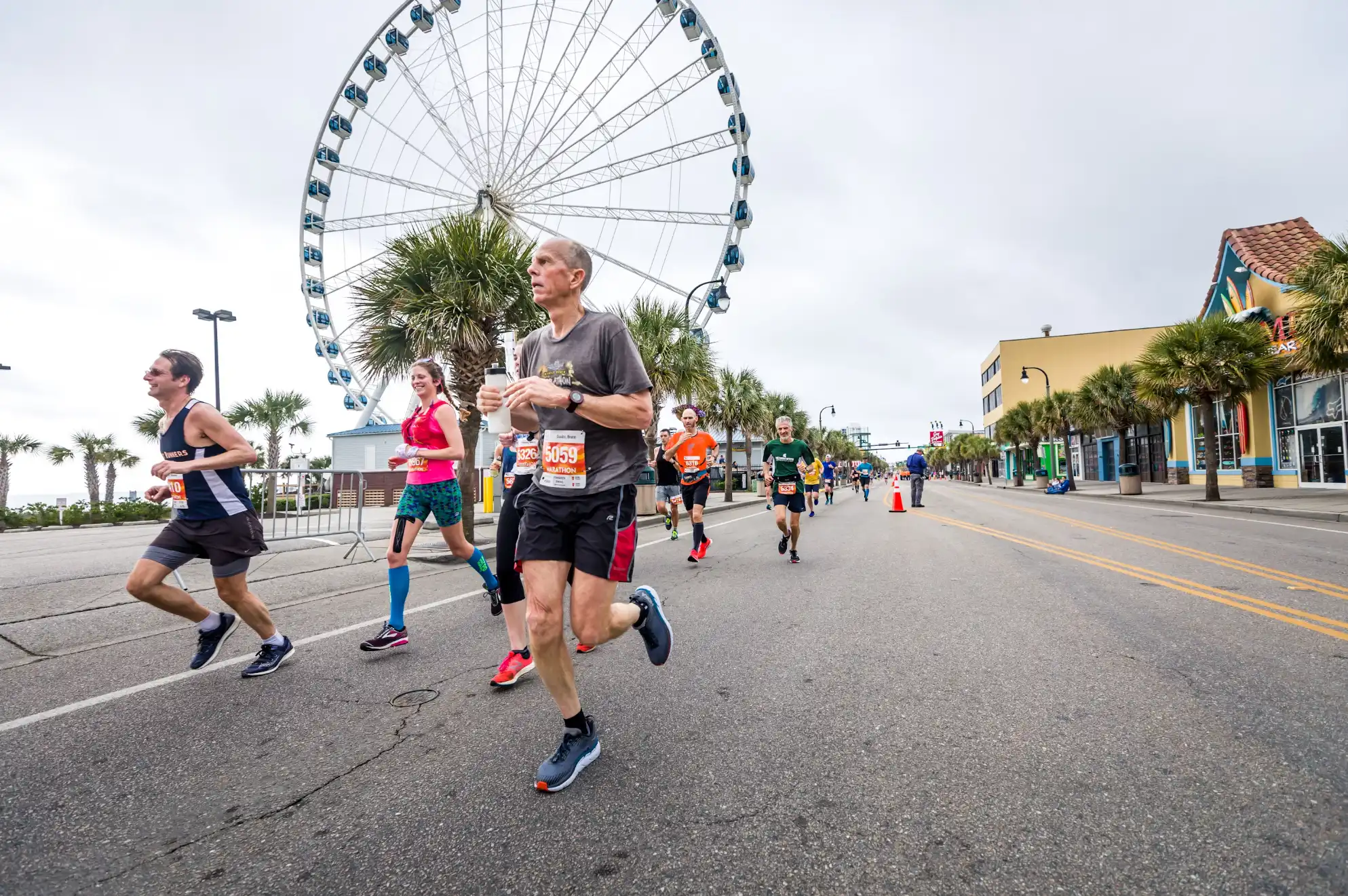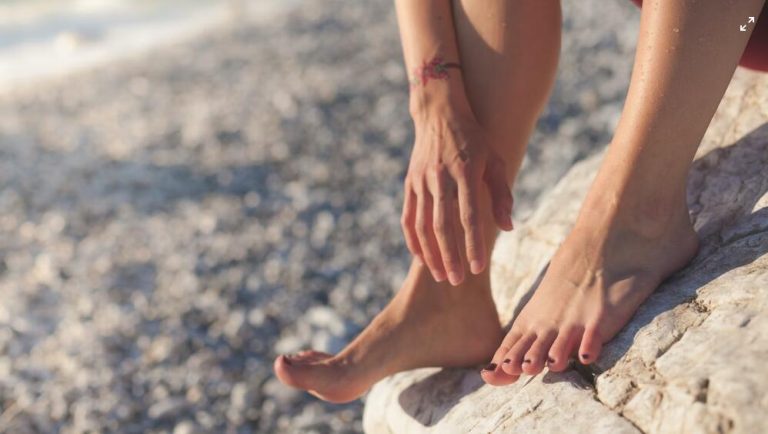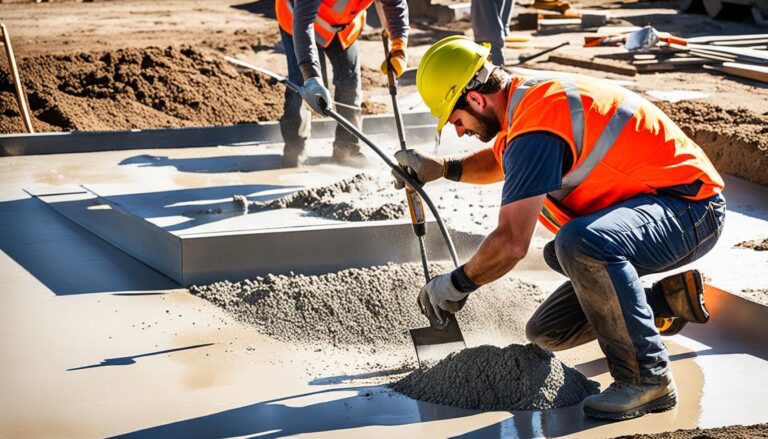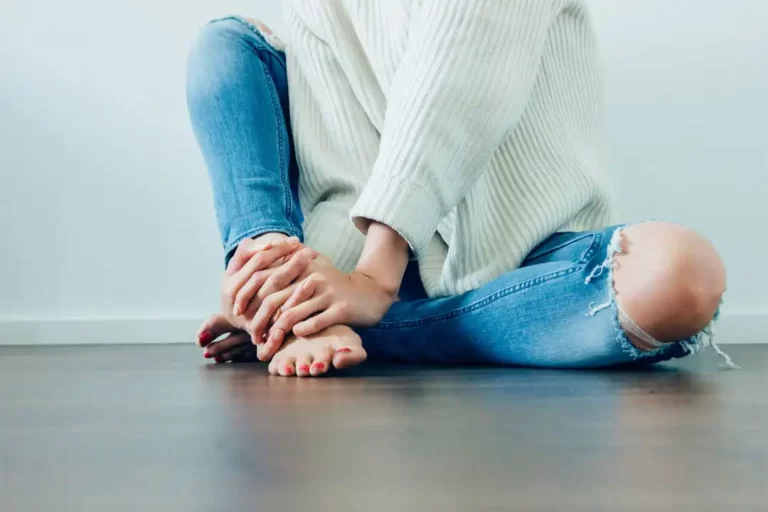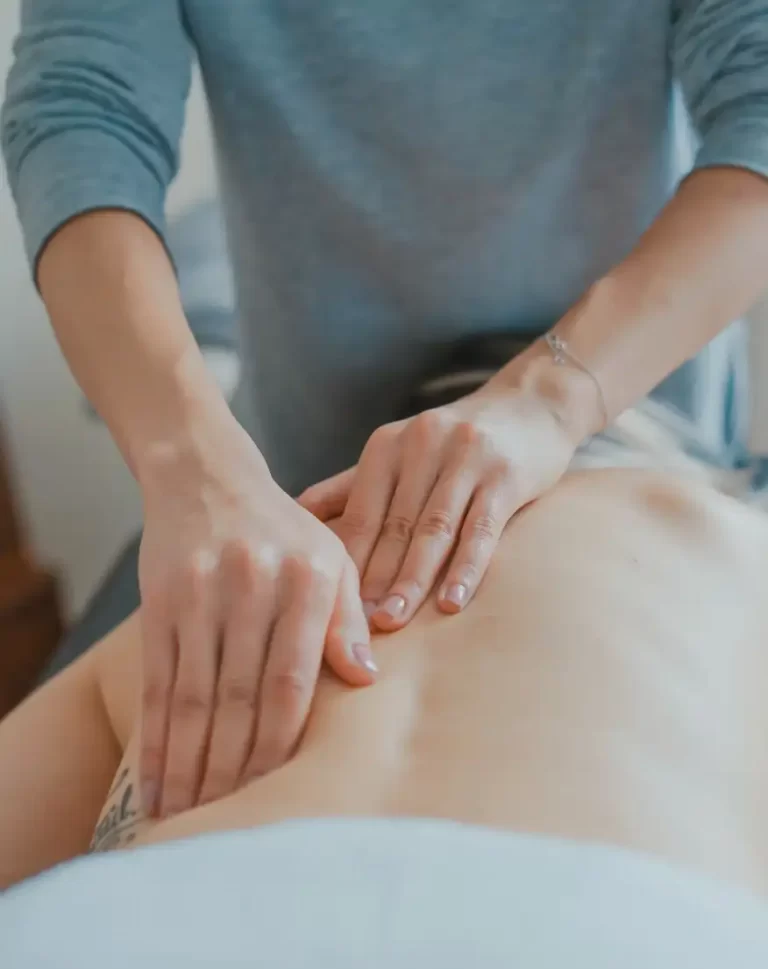Cushion the Pain: Top Insoles to Relieve Aching Feet for Retail Workers
Introduction
Retail workers spend long hours on their feet while assisting customers, stocking shelves, and performing other duties around the store. The average retail salesperson walks between 4 and 12 miles per shift. This constant standing and walking on hard surfaces can cause foot pain, joint issues, back problems, and other health concerns over time. Finding the right insoles to provide cushioning and support is crucial for retail workers.
Good insoles can make all the difference in comfort and wellbeing for retail staff. They absorb shock, reduce pressure on the feet and joints, and help maintain proper alignment. High-quality insoles may also help prevent and treat various foot conditions like plantar fasciitis, bunions, and flat feet. Many retail workers experience knee or back pain that originates from inadequate support while standing and walking. Wearing appropriate insoles can alleviate these problems.
This guide will discuss the benefits of using good insoles for retail employees who are on their feet all day. We’ll cover the different types of insoles available and key features to look for. Finally, we’ll recommend some top-rated insoles that provide excellent comfort and support for retail workers. The right insoles can be a worthwhile investment for those seeking relief from foot fatigue and pain during long shifts.
Foot Pain and Health Issues
Retail workers spend long hours on their feet, often walking on hard surfaces like concrete. This can lead to a variety of foot problems:
Plantar Fasciitis – Inflammation of the plantar fascia tissue on the bottom of the foot. This causes stabbing heel pain that’s worse when getting up in the morning. It’s one of the most common issues for retail workers.
Metatarsalgia – Pain and inflammation in the ball of the foot. Constant standing puts extra pressure on this area.
Bunions – Bony bumps that develop on the joint of the big toe. Tight shoes and excess pressure can cause bunions to form over time.
Corns & Calluses – Thick, hardened layers of skin that develop as a protective response to friction and pressure. Common problem areas include the balls of the feet and pinky toes.
Arch Pain – Strain and inflammation of the arch tendons and ligaments. Can be caused by flat feet or high arches.
Lower Back Pain – Standing all day, especially on hard surfaces, can cause back muscles to tire and spasm. Poor support and posture contributes.
Leg Swelling – Extended standing and poor circulation can lead to fluid buildup and swelling in the ankles and feet. This causes aching, fatigue, and varicose veins.
Neuromas – Enlarged, irritated nerves between the toes caused by compression and irritation. Leads to numbness, tingling, and burning sensations.
Proper insoles and foot support can prevent and alleviate many of these common problems for retail workers.
Benefits of Good Insoles
Insoles provide many benefits for retail workers who stand all day. Most significantly, they can help reduce foot pain and fatigue. The cushioning and arch support of quality insoles helps absorb shock, decrease pressure on the feet, and provide relief to sore, tired feet.
Good insoles also help improve posture and spinal alignment. As we stand, the arches in our feet naturally flatten out. Over time, this can cause the spine to curve and result in back pain. Insoles with arch support promote proper posture by maintaining the arches and preventing the feet from excessively rolling inward or outward.
In addition, insoles can aid in injury prevention. Retail associates who stand for long hours on hard surfaces are prone to various foot problems like plantar fasciitis. Insoles cushion the feet and decrease the likelihood of overuse injuries. They also help stabilize the feet and ankles, reducing the risk of sprains.
Lastly, insoles can provide comfort and energy return. Features like gel pads and foam cushioning create a comfortable base for the feet. Meanwhile, some insoles have shock-absorbing designs that return energy to the feet, helping workers stay energized and productive.
Overall, investing in quality insoles pays off through reduced pain, better comfort, improved posture and stability, injury prevention, and increased energy. For retail associates spending long hours on their feet, insoles can make a dramatic difference in foot health and wellbeing.
Types of Insoles
There are several types of insoles to consider for retail workers who stand all day. Some common options include:
Gel Insoles
Gel insoles contain gel cushions that help absorb shock and reduce pressure on the feet. The gel conforms to the shape of the foot for customized comfort. Gel is good for relieving pain in the ball and heel of the foot. These insoles provide excellent shock absorption.
Memory Foam
Memory foam insoles mold to the foot to provide customized support and relieve pressure. They retain the shape of the foot, evenly distributing weight. Memory foam is good for reducing pain in the heel, arch, and ball of the foot. These responsive insoles cushion each step.
Orthotics
Custom orthotic insoles are molded specifically for the wearer’s foot. They provide optimal arch support and pain relief by correcting biomechanical imbalances. Prescription orthotics require an evaluation by a podiatrist. There are also over-the-counter orthotic options. Orthotics are excellent for plantar fasciitis, high arches, and other foot conditions.
Arch Support
Arch support insoles lift up the arch to evenly distribute weight and reduce strain on the plantar fascia. This prevents overpronation and improves alignment. Arch support helps relieve arch and heel pain. These insoles are ideal for high arches and flat feet.
Metatarsal Pads
Metatarsal pads cushion and support the ball of the foot. They relieve pain and pressure in the metatarsal area. These pads are beneficial for metatarsalgia and conditions like neuromas and sesamoiditis. Pads come built into insoles or can be added to existing insoles.
Features to Look For
When shopping for insoles to use while standing all day as a retail worker, there are a few key features to look for:
Cushioning
Cushioning is crucial for absorbing shock and reducing pain in your heels, ankles, knees and back from standing on hard surfaces. Look for insoles made of materials like gel, foam or air pockets to provide soft cushioning underfoot. The more cushioning an insole has, the more shock absorption it will provide.
Arch Support
Proper arch support helps distribute your weight evenly and takes pressure off the ball of your foot and heel, preventing pain. Insoles with a contoured shape and raised arch will support flat feet, high arches and normal arches. Customizable arch support is ideal so you can adjust the insole to match your foot.
Metatarsal Pad
A metatarsal pad or raise under the balls of your feet helps relieve pain and pressure in this area. The pad shifts weight off the metatarsal bones that can get sore from standing all day. It also prevents calluses from forming.
Deep Heel Cup
A deep heel cup cradles and stabilizes the heel to prevent it from sliding around inside the shoe. This provides stability and even weight distribution, taking pressure off the heels and reducing pain. Look for an insole with a high back and deep cup shape.
Best Insoles for Retail Workers
Retail workers spend long hours on their feet, often walking on hard surfaces like concrete. This can lead to foot pain, back pain, poor posture, and other musculoskeletal issues over time. Having proper insoles that provide cushioning and arch support is crucial for retail employees.
When looking for the best insoles for standing all day as a retail worker, focus on options that will relieve pressure on the feet, absorb shock, and provide stability. Here are top picks:
- Roaming feet ComfortMax Insoles – The Roaming feet ComfortMax has a medium-high arch support, deep heel cup, and foam forefoot pad to absorb impact. It’s made of durable materials and provides excellent comfort for all-day wear.

- New Balance Insoles – New Balance insoles come in flat, stability, and ultra stability options. The ultra stability version has firm arch support and is ideal for standing on hard floors. It helps realign the foot for proper posture.

- Dr. Scholl’s Heavy Duty Insoles – These extra cushioned insoles have a thicker foam base and targeted heel and arch padding. The shock guard technology helps reduce pain in the knees and back from prolonged standing.
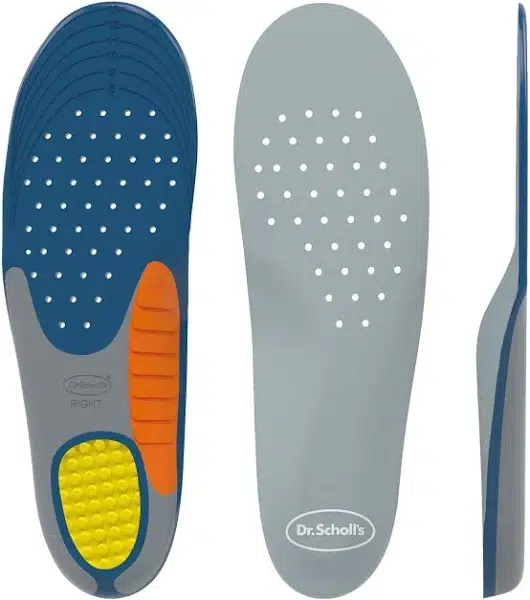
- Powerstep Pinnacle Insoles – With a rigid arch support and double layer cushioning, Powerstep Pinnacle insoles offer excellent comfort and stability. The semi-rigid shell also improves motion control.
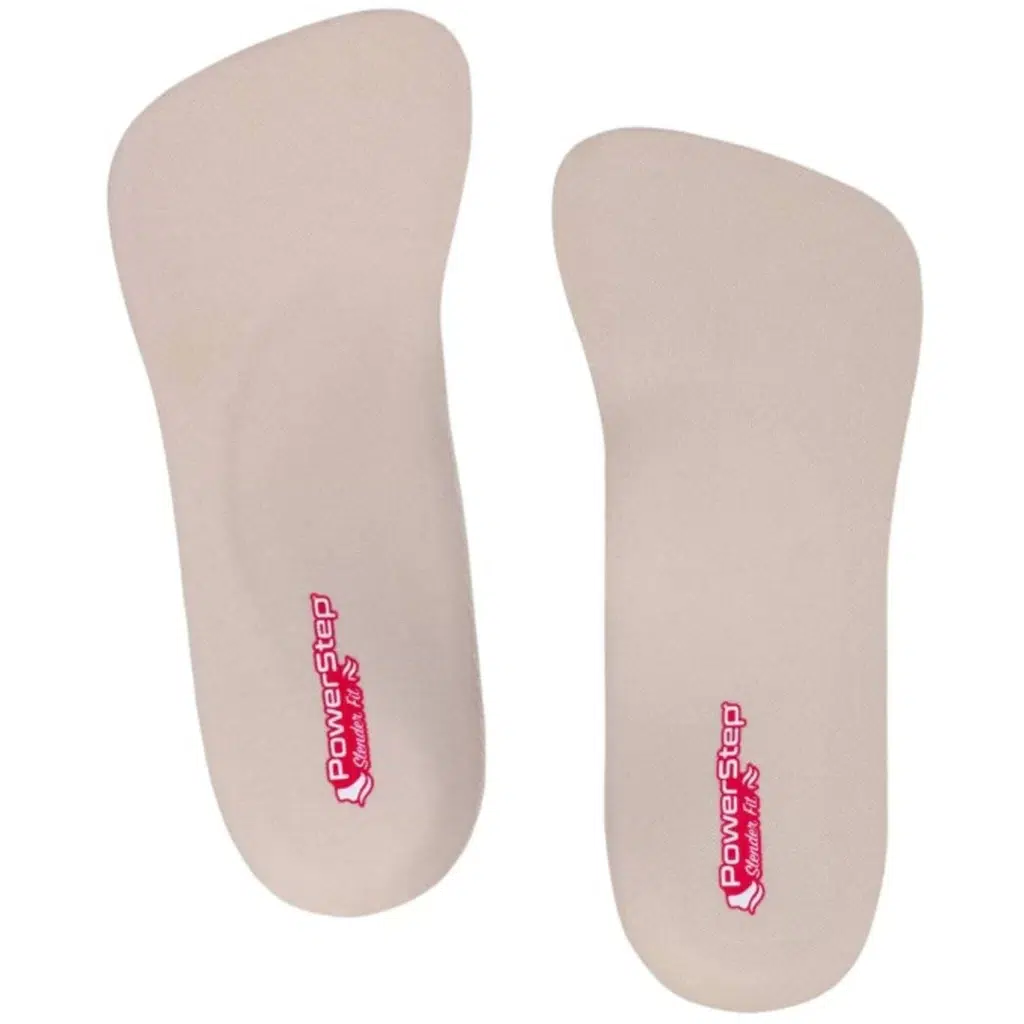
- Vionic Orthaheel Technology – Vionic makes innovative insoles and shoes featuring Orthaheel technology. This helps realign the foot to the natural position, relieving pain and pressure. Their insoles work well for standing all day.
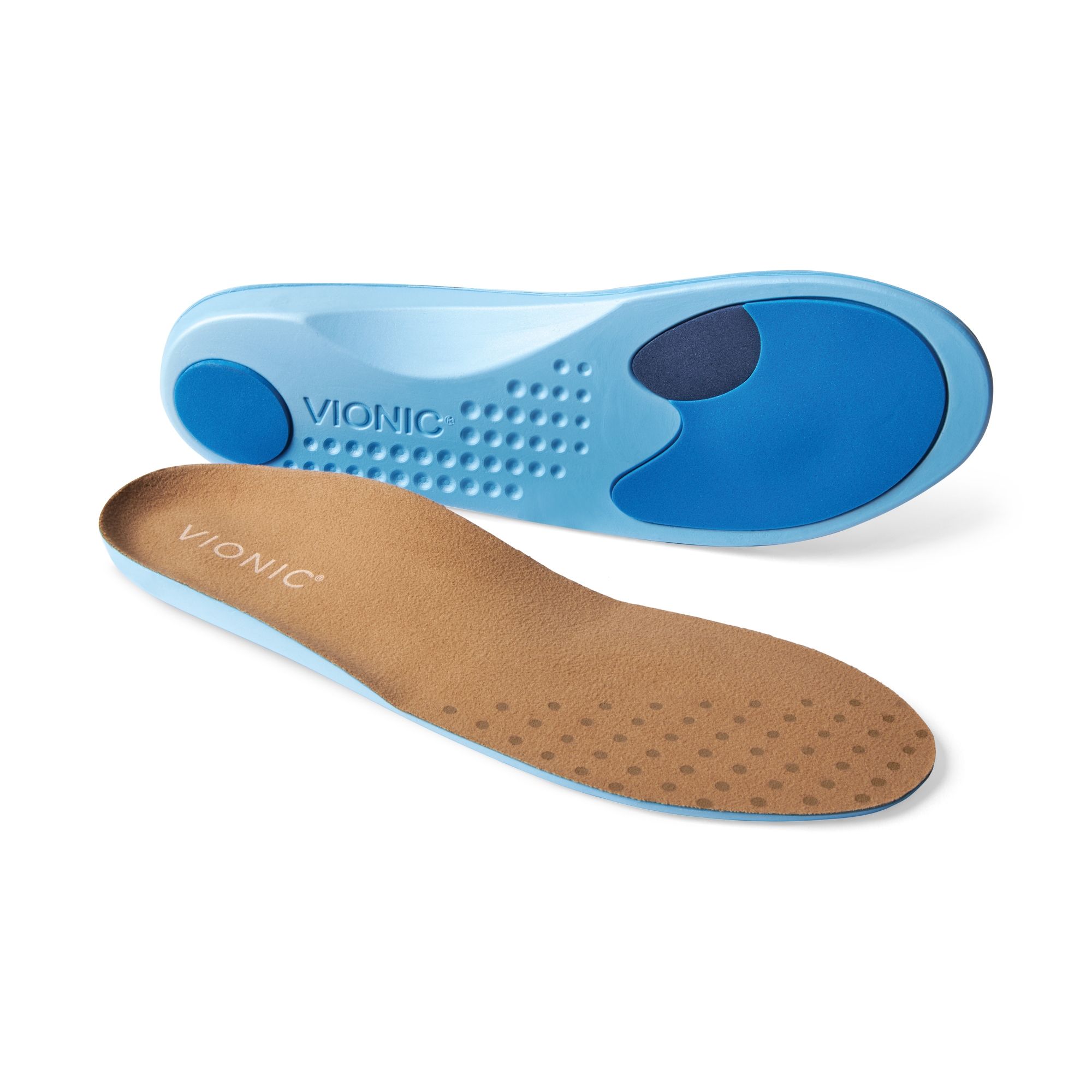
For retail employees spending long shifts on their feet, these supportive insoles can make a dramatic difference in comfort. Look for options with ample arch support, shock absorption, and durable materials. Proper insoles will improve posture and help prevent pain or injury over time.
Insoles for Concrete Floors
Working on concrete floors all day can take a major toll on your feet, legs, and back. Concrete is extremely hard and unforgiving, providing no cushion or shock absorption. The hardness of concrete puts extra stress on the joints and pressure points of the feet. This can lead to a range of problems:
- Plantar fasciitis – inflammation of the plantar fascia tissue on the bottom of the foot
- Metatarsalgia – pain in the ball of the foot
- Heel spurs – calcium deposits that cause heel pain
- General foot, knee, hip, and back pain
When standing on concrete for extended periods, it’s crucial to have insoles that provide ample cushioning and shock absorption. Look for insoles made of materials like:
- Memory foam – molds to the shape of your foot and absorbs impact
- Gel – provides soft, cushiony support
- Cork – naturally shock absorbing and antimicrobial
- Polyurethane – durable cushioning material
The insoles should be thick enough to provide adequate cushioning, around 3/4″ or more. Some excellent options are Roaming feet ComfortMax Insoles, New Balance 3720 V2, Dr. Scholl’s Heavy Duty Support Pain Relief Orthotics, and Powerstep Pinnacle Maxx.
Having proper insoles for concrete floors can make all the difference in comfort and preventing long term damage to your body. Investing in a high quality, cushioned insole is a small price to pay to keep your feet, legs, and back feeling good when you’re on your feet all day.
Insoles for High Arches
Having high arches means there is very little contact between your foot and the ground. This lack of support and shock absorption can lead to foot, leg, and back pain. High arches are also prone to inflammation in the plantar fascia (the connective tissue along the bottom of your foot).
The goal of insoles for high arches is to provide stability, support, and cushioning. Look for insoles that have:
- Deep heel cups to support and stabilize the foot
- Cushioning under the arch area
- Metatarsal support to distribute weight evenly
- Shock absorption in the heel and forefoot
Some top-rated insoles for high arches include:
- Roaming feet ComfortMax Insoles: Firm support and stabilization with a structured heel cup and high-density forefoot pad.
- Powerstep Pinnacle Maxx: Dual-layer cushioning and semi-rigid arch support. Designed to reduce overpronation.
- New Balance 3810 Ultra Support: A rigid arch and deep heel cradle provide motion control. An extra metatarsal pad relieves pressure.
- Vionic Orthaheel Technology: Podiatrist-designed with a contoured arch support and shock-absorbing base.
- Spenco Total Support: Combines cushioning and arch support. Silicone in the heel cup helps prevent slippage.
Getting properly fitted insoles for your high arches will provide stability, improve shock absorption, and relieve pain associated with overpronation or inflammation. Investing in high quality, supportive insoles helps realign the foot into a neutral position.
Conclusion
Retail workers spend long hours on their feet, often on hard surfaces like concrete. This can lead to foot pain, back pain, joint issues, and other health problems over time. Using high quality insoles designed for standing all day can provide critical support and cushioning.
The best insoles for retail workers have arch support, shock absorption, and anti-fatigue cushioning. Key features to look for include gel padding, contoured heel cups, and metatarsal support. Models like Roaming feet ComfortMax Insoles, New Balance Insoles, and Dr. Scholl’s Heavy Duty Support Insoles consistently rate well for all-day comfort.
There are also more affordable options like Powerstep Pinnacle Insoles and Sof Sole Insoles. While these may wear out faster, they can still make a big difference in reducing foot fatigue. Having the proper insoles allows retail employees to stay energized and productive during long shifts on their feet. Taking care of foot health is crucial for comfort and wellbeing.

